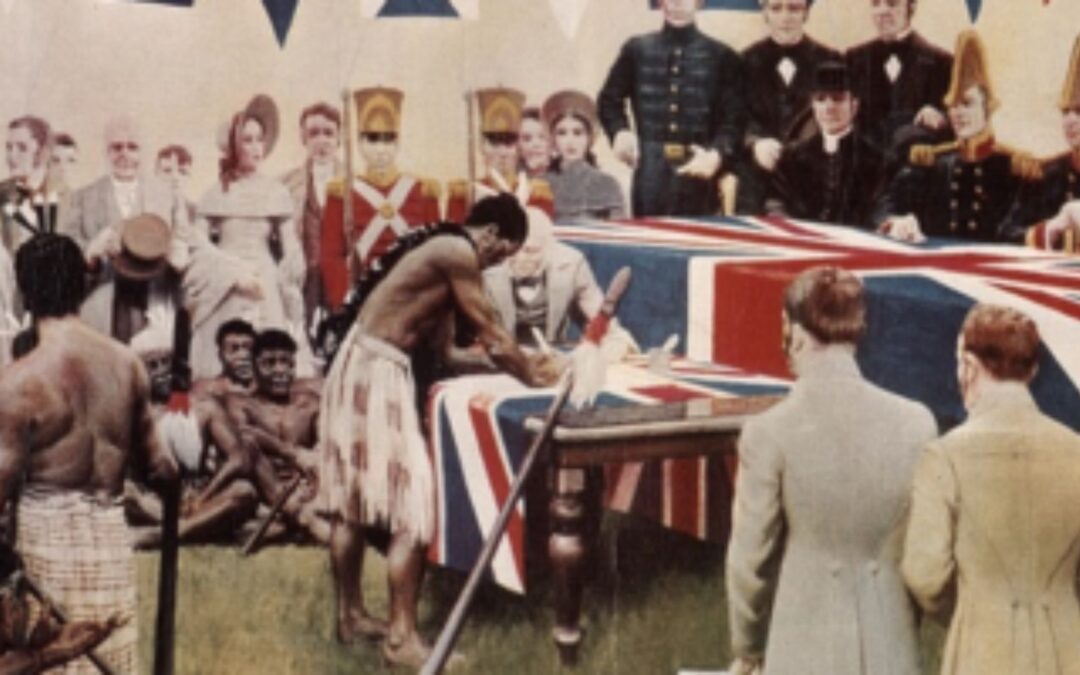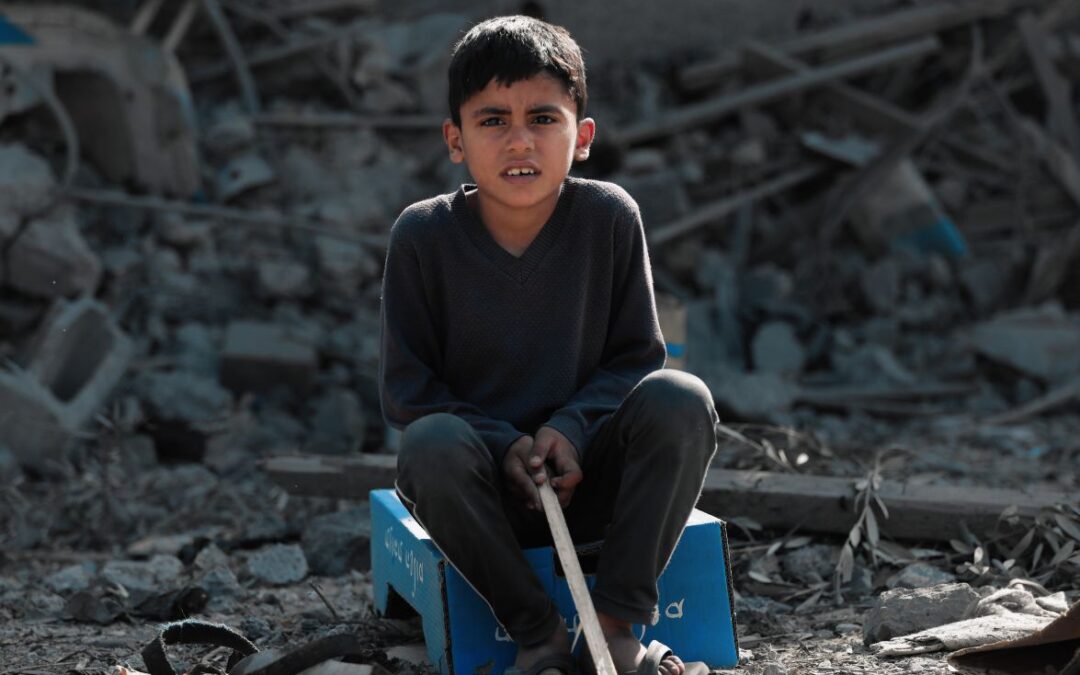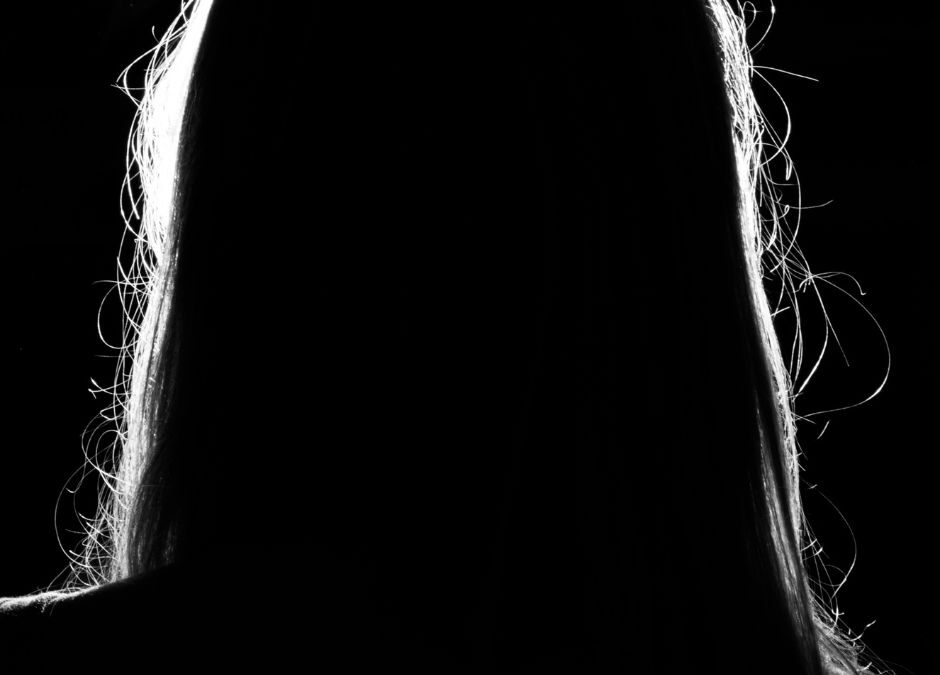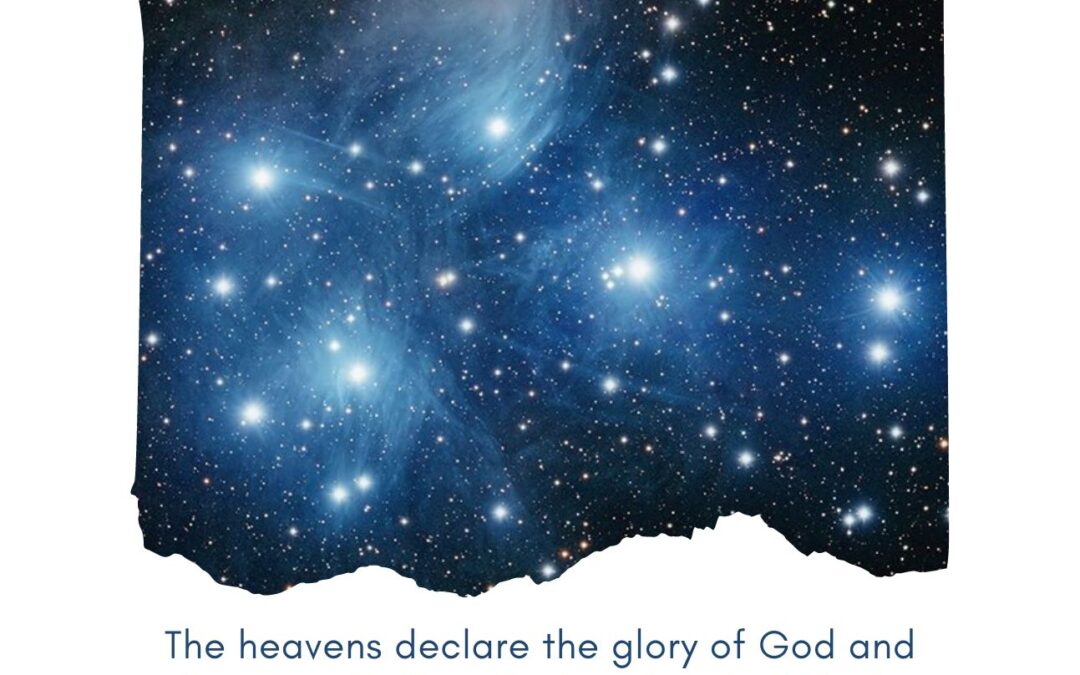
by Dr Stuart Lange | 2 Feb , 2024 | Articles, Christianity in New Zealand
Unsurprisingly, there are many varying interpretations of Te Tiriti o Waitangi /the Treaty of Waitangi, some of them helpful, and some of them distorting.
Any interpretation of the Treaty does need to reflect both what it actually said, and how it was understood at the time.
A key historical factor behind the Treaty/Te Tiriti was humanitarian Christian concern to have Māori protected from lawless Pākehā and from the destructive impacts of unregulated colonisation. From the late 1830s it was clear that New Zealand was about to be colonised by the New Zealand Company, which had little regard for Māori wellbeing.
Christian missionaries in New Zealand did not want or welcome colonisation. But, in order for Māori to be protected, they wanted New Zealand to come under British law and order. For that to happen, Māori chiefs had to assent to British jurisdiction by way of a treaty, and to receive reassurances about their rights. This Christian humanitarian motivation behind the Treaty needs to figure more strongly in public discussion of its meaning and intent.
The assumption that the Treaty/Te Tiriti was just a deceptive pretext for colonisation and injustice is understandable, but confuses intentions and outcomes. Harmful outcomes did not arise out of the Treaty itself, but from its disregard.
In Article 1, Māori chiefs agreed to the British Crown’s governorship over New Zealand: ‘kawanatanga’ in the Māori version, and ‘sovereignty’ in the English version. The Crown’s overall governance over New Zealand was primarily so that the British Crown could regulate Europeans and protect the rights of Māori.
Te Tiriti was not about initiating large-scale European colonisation, but in effect it did help facilitate that. In accepting the Treaty and the Crown, however, the Māori chiefs were not in any way signing up to subjugation, cultural domination by settlers, or the loss of their own land and language.
In Article 2, Māori chiefs were guaranteed full rights to their own chiefly mana and authority (tino rangatiratanga), lands, fisheries, and property. It also implied a considerable degree of Māori self-determination, especially at that time. The subsequent breach of these promises, especially with regard to land, caused considerable harm and hurt among Māori, which has required redress in various ways.
Sure, in some respects times have changed: Māori have become a minority in a country that was once theirs alone, Māori rangatira no longer exercise quite the same power over their people that they once did, New Zealand is now ethnically and culturally very mixed, and Māori themselves hold a range of views. But the co-existence and balance of Crown governance in Article 1 and chiefly rights in Article 2 does imply some ongoing partnership between Crown and Māori, and that there should be an appropriate recognition in New Zealand of Māori voices, guardianship, language and culture. Such recognition is not ‘racism’ or ‘apartheid’, as some claim.
In Article 3, Māori were given the same rights and privileges as British citizens. This was an important assurance to the chiefs, that in effect Māori would not become second class citizens subjected to injustice and oppression from Pākehā. This article was likewise significantly compromised. Nowadays, it reminds us that all New Zealanders, whether Māori, Pākehā, Pasifika, Asian, or whatever, have equal rights in law. However, none of that precludes this nation honouring Māori as the tangata whenua, the original people of the land, who in signing Te Tiriti in effect opened their country to all who have subsequently made Aotearoa New Zealand their home.
Christians should neither disregard nor distort the Treaty, nor deify it. It was a governmental document, not a religious document. But we do well to remember that among other things it reflected Christian biblical values of justice, order, and human equality.
Te Tiriti was also promoted among Māori chiefs by Christian missionaries, who in good faith assured the chiefs that the Crown would always act justly. It was signed in trust by Māori chiefs, many of whom were also Christian. Many Māori – though not all – came to regard Te Tiriti as a sacred kawenata (covenant), an agreement made in the sight of God which should be honoured. Later, British governors and settler governments seriously violated the Treaty, but against the strong protests of a number of prominent missionaries.
Of all people, Christians must always be on the side of justice, truthfulness, respect, generosity, and reconciliation.
Also, we need to remember that spiritually, in Christ, there is ‘neither Jew nor Greek’, Māori nor Pākehā, nor anyone else: despite our ethnic, and cultural distinctives – which are to be respected and treasured, not devalued or erased – those who belong to Christ can have a transcending unity in the Spirit of Christ.

by Dr Stuart Lange | 15 Dec , 2023 | Articles, Christianity in New Zealand, The Church
Please pray for:
- clear and attractive presentations of the Christian message amidst all the opportunities of the Christmas and holiday season
- Christmas family gatherings that they may bring togetherness and not strife
- those who at this time experience loss, sadness, serious illness, depression, or loneliness
- some to seek and experience God
- the Spirit of God to grant rest, strengthening, and inspiration to Christian people and their leaders
- the spiritual renewal of the New Zealand church in 2024
- those New Zealand Christians serving God overseas
- the persecuted church worldwide
- those suffering extreme poverty, hunger, and deprivation
- those ravaged by war, and those who work for peace
- those who lead the nations, and for those who lead New Zealand, that they may all work for the wellbeing of everyone

by Dr Stuart Lange | 15 Dec , 2023 | Articles, Featured
We are very pleased to welcome some new part-time staff members to our NZCN team.
Rev Dr Malcolm Falloon
Associate National Director
Malcolm is an Anglican minister with over thirty years’ experience in pastoral ministry.
He currently pastors Church of the Ascension in Auckland, which is affiliated with the Church of Confessing Anglicans. Through his work with the Latimer Fellowship (an evangelical society within the Anglican Church), he has experience in connecting leaders together for mutual encouragement and support in the Gospel.
Malcolm is a keen student of New Zealand mission history, and has a PhD specialising in the Māori conversion to Christianity. He is married to Sue and they have three adult children.
Esther Tredoux
Communications and Content Coordinator
Esther, wife to Albert and mum to Noah, is from South Africa. She and her family immigrated to Hamilton, New Zealand in April 2023.
Esther has experience in marketing, social media, and public relations. She has worked for various Christian non-profit organisations (including Mission Aviation Fellowship South Africa), as well as companies specialising in Software as a Service (apps) and in Public Relations.
Marcela Ferreira
Administrative and Financial Manager
Marcela comes from a Christian upbringing, finding joy in reading and studying the Bible since her early years. She comes from a small Presbyterian church in Brazil, where she joyfully volunteered across various ministries.
Professionally, Marcela delved into finance, banking, and entrepreneurship.
In 2018, her family moved to New Zealand, where she pursued and obtained a Master’s in Finance, deepening her expertise in the field. She lives in Auckland with her husband, Marcelo, and their two daughters, Laura and Sara.

by Dr Stuart Lange | 17 Nov , 2023 | Articles, Christianity in New Zealand
It has been interesting over the last month or so to hear numerous important statistics being articulated abut Christianity in New Zealand.
In this issue we highlight some of the data shared with the recent New Zealand Christian Leaders’ Congress by Associate Professor Geoff Troughton of Victoria University. His presentation, “A Snapshot of Christianity and the Churches in New Zealand”.
From the 2018 Census (the 2023 data is not yet available), Dr Troughton noted that 37% of New Zealand census respondents identify as “Christian” (in 2013 it was 49.1%, in 2006 it was 54.2%, and back in the 1960s it was over 80%).
The substantial decline of Christian affiliation was matched by a new high of 48.2% of New Zealanders identifying with “no religion” (up from 41.9% in 2013).
In both categories (Christian and “no religion”), Maori and NZ European percentages were the same, and growth in “no religion” is strongest among young people.
Dr Troughton commented that Christianity remains “by a long way the largest religion in New Zealand”, that other religions were only 8%), and that the growth in other religions is largely fuelled by immigration. Nevertheless 27% of Asian people in New Zealand identify as Christian. Auckland is both more diverse and more Christian that other major New Zealand cities.
From the New Zealand Attitudes and Values Study (a longitudinal survey-based study begin in 2009), Dr Troughton reported that in 2019 about 14.4% of New Zealanders attended church at least monthly (down from 20-25% in 2009), but the largest proportion of those attended weekly.
In response to all that, we might ask ourselves: what is behind all these changes? Clearly, the church is being buffeted by many ideological moods that pervade western society, not least scepticism, post-modernism, consumerism, individualism, and hedonism.
How can the Church stand, in the face of such powerful tides? Not by complacency, not by complicity, not by just doing just what we have always done.
These are times that call the Church to a more robust faith in Christ, to greater love, to more prayer, to more power of the Holy Spirit, to more authentic Christian living, to more effective discipleship, and to more passion for sharing our faith with people around us in a way that respects and connects.
In the next NZCN News we will reflect on some findings of the 2023 Faith and Belief Study and the 2023 Church Life Survey.

by NZCN Team | 4 Nov , 2023 | Articles, Christianity and Social & Moral Issues
Christians are among who deplore the bloodshed and horrific atrocities of the Hamas attack on Israel. Christians generally uphold the existence of Israel as nation state, and many also see its establishment as a fulfilment of biblical prophecy and a significant end times development. They pray for Israelis to turn to the Messiah.
However, many Christians have growing misgivings about the wisdom and humanity of Israel’s current siege, bombardment and invasion of Gaza, and the colossal loss of civilian life. It can be acknowledged that this is an extremely difficult situation, in which everyone has limited options, and there is no obvious middle ground: Hamas is determined to destroy Israel, and Israel is determined to destroy Hamas. But will this tragic war achieve anything other than further inter-generational rage and bitterness among the Palestinians, and among Arabs and Muslims elsewhere?
We can but pray. How magnificent it would be if by the grace of God these two peoples could somehow turn away from hatred and bloodshed, and discover a radically new way of living peacefully alongside each other in the same space, drawing on their common humanity, reflecting most ordinary people’s desire to live in peace, and picking up their respective values of justice and mercy. And even better, if they found reconciliation in the Prince of Peace.

by Dr Stuart Lange | 4 Nov , 2023 | Articles, Christianity and Social & Moral Issues
This week’s confirmation of the final election results brings closer the dissolution of the caretaker Labour government, and the forming of a new National-led coalition government. Like any government, the Labour Government leaves office with its own share of good and not-so-good policies, its achievements and under-achievements, and its failures.
What does New Zealand need from any new government? We suggest we might hope and pray for a government that is…
- respectful of God, and of all people whatever their beliefs
- determined to govern with truthfulness, integrity, justice, humility, and a collaborative spirit
- working for good law and order, but not in a way that simply punishes without rehabilitating and which tends to entrench criminality
- carefully managing the economy, for the benefit of all
- willing to use taxes to better fund essential public services, including our struggling health system
- committed to the wellbeing of all New Zealanders, to reducing poverty and social deprivation, and to making New Zealand a more just and equitable society for everyone
- eager to make housing affordable and healthy for everyone
- carefully seeking to foster an atmosphere of intercultural goodwill, reconciliation and partnership, rather than of fear and division
- willing to implement measures to significantly reduce New Zealand’s carbon emissions and to reverse other environmental degradation
- more mindful of the sanctity of human life (and willing to review legislation to provide better protections for the vulnerable in regard to both euthanasia and abortion)
- more honouring of traditional marriage, gender, and sexual ethics (and willing to pull back the more extreme aspects of some current legislation and of primary school sex education)
- determined to defend everyone’s liberties of thought, belief, expression, and practice

by Dr Stuart Lange | 6 Oct , 2023 | Articles, Christianity in New Zealand, Featured
It is not for us to say who or what anyone should vote for. That is 100% each voter’s own call. We can say, though, that it is really important to vote, and that in a democracy voting is both our right and our responsibility.
No doubt all political candidates and parties want to serve society and to help make New Zealand a better place. But the challenge for us as voters is that politicians greatly vary in their beliefs, ideologies, values, priorities, and policies (and also their obsessions and blind spots). We need to be as discerning as we possibly can about what politicians and parties really stand for, and what they may go along with.
Three crucial areas to consider – in no particular order – are ethics, the economy, and the environment. These categories don’t cover everything, but they should all be important for Christian voters…
- Ethics: this applies to a very wide range of issues including laws and policies in relation to marriage, sexuality, gender, sex education, abortion, euthanasia, drugs, freedoms of belief and expression, fair wages, a just tax system, and inter-cultural respect and harmony.
- The economy: sound economic management is always helpful, especially if it enables good public services (e.g. in health and education), lowers the cost of living, facilitates affordable housing for all, and helps everyone in society on an equitable basis.
- The environment: taking better care of God’s creation is God-honouring, and the deepening climate change makes it increasingly urgent.
The problem for voters is that no political party ticks all these boxes. All parties have strengths in some areas, but deficiencies in others.
In recent years, with the support of a majority of MPs from across both left and right, Parliament has passed a flood of radical social legislation, some of it deeply wrong and abhorrent. At the same time, little has been done to address the widening socio-economic disparities in New Zealand, or the worsening climate crisis – and in neither area is it clear how much real action is now on offer.
We urge Christian people to vote both carefully and prayerfully, seeking to discern what policies align best with biblical truth and righteousness, and which politicians and parties may best serve this country’s overall wellbeing.
Readers may find the following resources helpful…
Rasik Ranchord:
Family First:
Dave Mann:
Finally, do be in prayer that God may bring about some good outcomes in this election, and that among those gaining a place in the next Parliament may be many faithful and capable Christians.

by Dr Stuart Lange | 11 Aug , 2023 | Articles, Christianity in New Zealand
Here’s 15 reasons why you should be there…!
- because this is a very special opportunity to come out of our own corners and to enjoy spiritual fellowship, inspiration, and encouragement with Christian pastors and other leaders from across the wider Body of Christ across New Zealand
- because a national Congress like this only takes place every few years
- because New Zealand is in a period of rapid and deep change, and it’s helpful to process that together
- because the Congress is firmly anchored in Christ, the Gospel, and the Bible
- because the focus of the Congress is ‘Strengthening the church in Aotearoa’, and we all need that
- because the Congress will cover an impressive array of very important topics, all of them related to our Christian ministry and mission, and all of them things we need to grapple with (see below)
- because we have arranged a large number of excellent presenters and panellists, experts and practitioners, and all of them New Zealand people familiar with our own New Zealand contexts
- because there will be no long talks, but just short talks followed by panel discussion and prayer
- because there will be a great choice of useful elective break-outs and forums
- because some things just can’t happen on line, and by being together in one building we will all meet people, make helpful connections and discover useful resources
- because the cost includes several sit-down meals, including Tuesday and Wednesday nights
- because, for upper North Island people, this Congress will be the most accessible it has ever been before
- because, in effect, the Congress is only equivalent to two days
- the long-term benefits of coming will outweigh the benefits of just staying at home and doing your normal work
- because we strongly encourage you to register for the whole time, but if necessary you can register for one day only or two days only

by Dr Stuart Lange | 4 Aug , 2023 | Articles, Christianity and Social & Moral Issues
Sexual abuse has happened, and still happens, in a vast range of contexts, all around the world. It happens in families, neighbourhoods, schools, institutions, workplaces, clubs, sports, in armed forces, and in wars.
Sexual abuse reflects not just lustfulness, but also our dark human capacities for selfishness, delusion, exploitation, domination, violence, and deceit. It is a glaring manifestation of our human sinfulness.
Sexual abuse is never innocent or justifiable or right. And it almost always leaves an enduring legacy of great harm.
It is utterly tragic that considerable sexual abuse has clearly taken place in some Christian churches, church-going families, and church-run institutions such as boarding schools and orphanages. Sexual abuse is always 100% wrong. But for it to happen in church-related contexts is doubly appalling and shameful, because it goes against everything Christian faith stands for, including God’s calls to love, mercy, holiness of heart and mind, integrity, and renewal in Christ.
The scandalous and inexcusable failings of some continue to bring huge reputational harm upon the church at large.
What can we do about all this? Deplore what has happened. Empathise with and pray for those who have been victims. Be compassionate. Support justice. Be vigilant. Ensure our churches have very robust systems, to help protect everyone from harm. Disciple our people well. And be determined to follow Christ in love, integrity, and purity.

by Brad Haami | 8 Jul , 2023 | Articles, Christianity in New Zealand
Matariki is a cluster of stars that rises on the eastern horizon in the early morning winter sky in New Zealand. It’s a sign of the winter solstice and is now marked as a holiday for all New Zealanders. Matariki means ‘tiny eyes’ or ‘eyes of God’.
Reading the stars was only one set of tools the ancestors used to navigate across the Pacific Ocean to Aotearoa. The stars also functioned as indicators of the seasonal cycles of the flowering and fruiting of trees, bird feeding times, planting and harvest times and the migration of marine and freshwater fish. The stars had a lot to do with survival.
The dawn rising of Matariki in winter indicated the completion of harvest and storage and directed people to look forward to the conditions for the new planting season. It was also a time to memorialise those loved ones that had passed away during the previous year and to contemplate learnings from the past year and to look to the future.
As a follower of Jesus living in Aotearoa, how are we to participate in this celebration in a meaningful way without diluting our Christian faith?
Recall what the Bible says about the stars and seasons. The stars are there to glorify God. They are not themselves to be glorified, or be given homage or worshipped. We are called to praise God the Creator of the stars, not to praise creation. The heavenly bodies were created by God and delegated authority to give light, to separate light from darkness and to act as seasonal indicators.
In Genesis 1:14-19 we read how God assigns lights in the firmament of the heavens to divide the day from the night; and let them be for signs and seasons, and for days and years. Then God made the sun and the moon to rule in the day and the night and He made the stars also. And God saw that it was good.
In Deuteronomy 4:19 the people are called not to bow down to the stars. In Psalm 19:1 it says the heavens declare the glory of God and the skies declare the handiwork of God. Psalm 148 calls the heavens, the stars, the moon and the sun to praise the Lord.
In the New Testament the Wise Men follow and read the stars to find the location of the new-born king in Bethlehem. Matthew 16:3 sees Jesus rebuke those who can read the seasonal indicators of earth and sky but are unable to read the signs of the present time.
Both Māori and Christian tradition speak of the role of the heavenly bodies in similar and also in different ways.
So, taking all of this into consideration, can churches in New Zealand observe Matariki? If you ask me, yes, but with a different emphasis in regard to God.
As an example, some of us attend a kapa haka festival in Rotorua at this time of the year, named Te Kaihanga o ngā whetū (The creator of the stars). Groups from churches all around NZ come to praise God in the expression of kapa haka. We have woken at dawn, located Matariki and other stars in the morning sky, glorified God the Creator of the stars with praise, broken bread together, and contemplated the present days to come.
Let us celebrate God at this period of time to praise Him, and to display the manifold wisdom of God to the powers and principalities in the heavens (Ephesians 3:10).
Brad Haami (Ngāti Awa), is a Māori Christian leader, author, and lecturer at Laidlaw College.
Listen to Brad Haami’s 2022 interview on Rema















